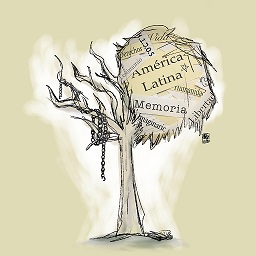Ceguera y visión en El palacio de la risa de Germán Marín: escenificación del infierno en dictadura
DOI:
https://doi.org/10.13130/2035-7680/15319Parole chiave:
chilean narrative; dictatorship; hell; biopoliticsAbstract
This article analyzes the novel El palacio de la risa (1995) by Germán Marín as an infernal allegory of the dictatorship´s experience. The objective is to stage the figures of blindness and vision, understood as a sensory dialectic between the possibility of seeing and not seeing. In biopolitical terms, a metaphorical relationship is established that implies health/desease, capacity / disability, knowledge / ignorance and submission / resistance in the political prisoners of Villa Grimaldi, as well as in the story. These figures will allow us to propose, preliminary, that Marín's text is a testimony of personal, historical and cultural reconstruction that approaches new ways of seeing centered on perception and imagination. Being a situation conditioned by a dictatorial regime, the imaginary or worldview becomes infernal allegory.




